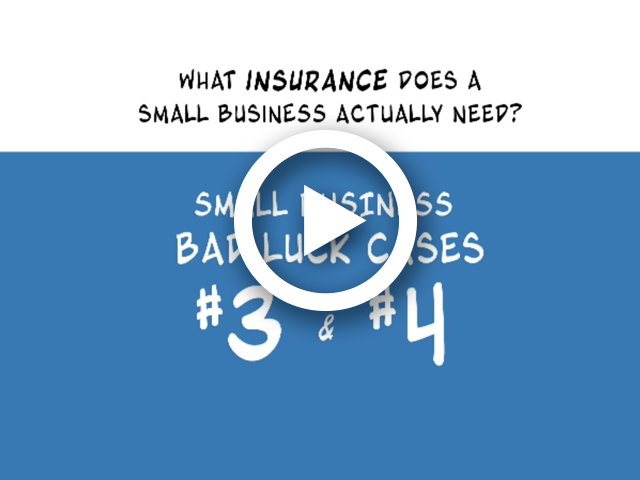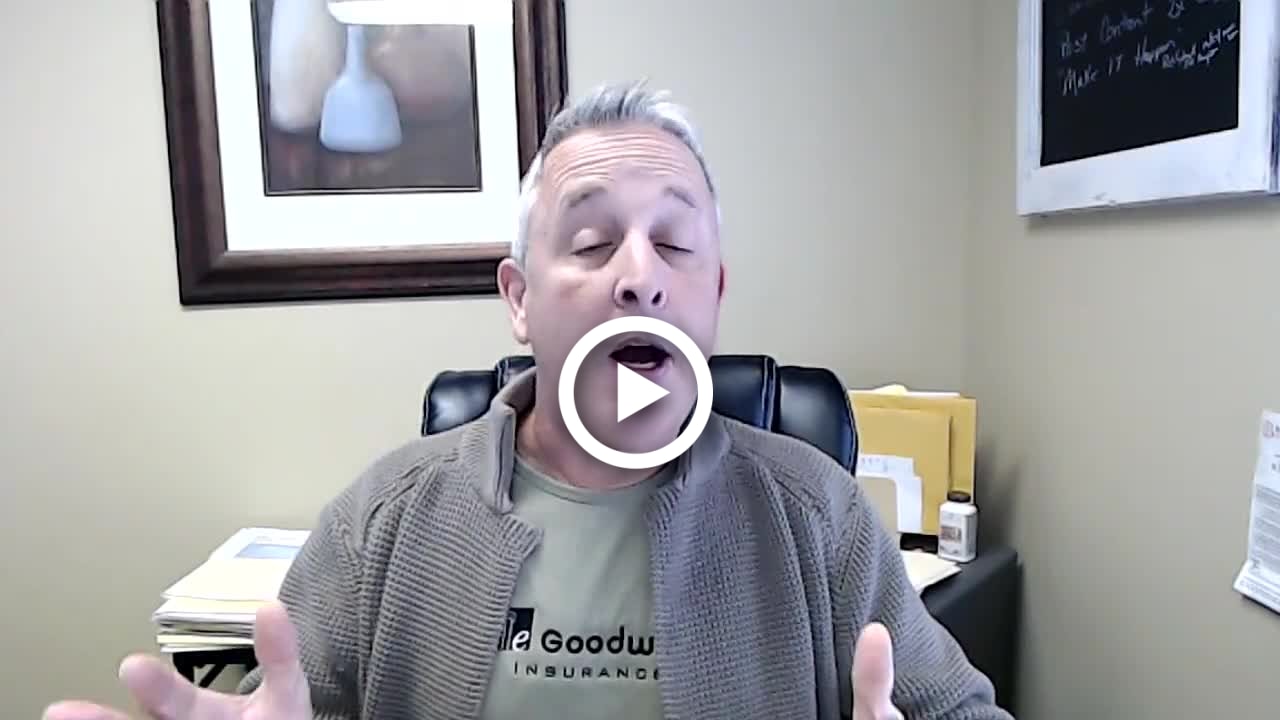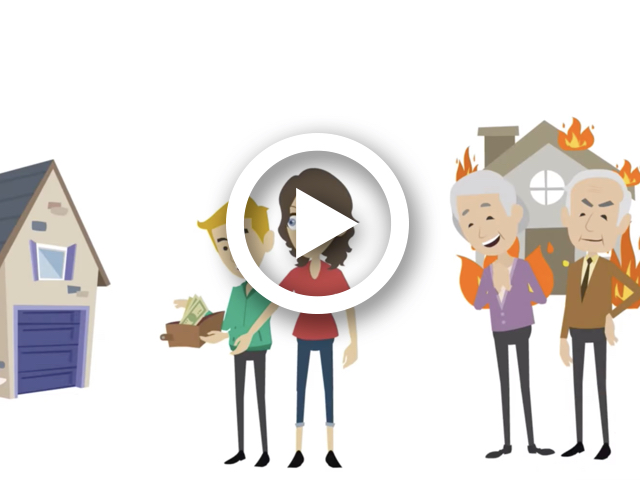Like you, I have been watching the news about Houston, Hurricane Harvey, and now Irma. It’s looking like this hurricane season will be the most expensive one of all time – topping the $15billion in losses that FEMA experienced in Louisiana and Mississippi. We will not know the extent of the damage for some time as the storm moves, the waters recede and the damage is uncovered. It is heartbreaking to see the loss that so many people must endure.
A Homeowner Insurance Policy will cover many types of claims – wind, rain, hail, vandalism, and more….but a standard policy will not cover flood damage from overflowing rivers and streets.
Flood coverage is usually purchased on a stand-alone policy from the National Flood Insurance Program administered by the federal government. Just about any property and casualty insurance agent can procure a flood policy with the NFLIP. NFLIP is anticipating approximately 150,000 claims from Hurricane Harvey for flood damage and Irma may add significantly to that. There will likely be another 50,000 claims for wind and rain damage that standard home insurance policies will likely pay for Harvey and more for Irma.
Sadly, there are estimates that less than 20% of the homes damaged by the flood will have a flood insurance policy to help pay for the damage..many people will be left on their own to pay for their flood-related losses.
According to FEMA the average flood claim typically ranges from $10,000 to $42,775 with a Flood Insurance Policy costing from $650 to $1500 per year.
The first 5 months of 2017 show the average claim payment for a flood loss has been $24,698. It has been estimated that 52% of the homes and buildings in the Houston metro area are at a “high” or “moderate” risk of flooding. These statistics may get worse as we go through these 2 hurricane disasters.
For people with flood damage it is important that they document their damage – written is ok, video and digital pics are preferred. They should file their claim as soon as they are able.
WHAT DOES FLOOD INSURANCE COVER?
Flood insurance can cover both the building and contents…but like typical property insurance, it does not cover the land. Coverage for basements, crawl spaces, and lower floors may be limited.
The dwelling coverage can cover property up to $250,000 and contents up to $100,000 The flood policy does not give guaranteed replacement like some home insurance policies do. It will only pay up to the amount of insurance described on the declaration page.
Building coverage includes:
- Building and Foundation
The electrical and plumbing systems, major systems like central air conditioning equipment, furnaces, and the hot water heater - Som e appliances such as refrigerators, cooking stoves, and built-in appliances like dishwashers
- Permanently installed carpeting over an unfinished floor
- Window Blinds
- Permanently installed paneling, wallboard, bookcases, and cabinets
- A detached garage – up to 10% of the building coverage
Contents Coverage Includes:
- Clothing, Furniture and Electronic equipment
- Curtains
- Portable and window air conditioners
- Portable appliances such as microwaves and dishwashers
- Carpeting that is not covered under the building coverage
- Clothes washers and dryers
- Food freezers and the food in them
- Certain valuable items such as original artwork and turns – up to $2,500
WHAT DOESN’T THE FLOOD INSURANCE COVER?
there are a number of things that a flood insurance policy will not coverage including:
- Currency, precious metals, and valuable papers like stock certificates
- Damage caused by moisture, mildew, or mold that could have been prevented by the homeowner or renter
- Property items outside of the dwelling such as trees, plants, wells, septic systems, walkways, decks, patios, fences, hot tubs, seawalls, and swimming pools
- Financial losses due to business interruption or loss of use of the insured property
- Most self=propelled vehicles – cars, motorcycles, four-wheelers, etc.
- Damage from sewer backups unless there is a flood in the area and the flood is the proximate cause of the sewer or drain backup
YOU WANT TO FILE YOUR FLOOD CLAIM AS SOON AS POSSIBLE!
Individuals or businesses with a flood insurance policy should file a claim as quickly as they can if they sustain flood damage. Since there has been an official Presidential Disaster Declaration, homeowners may be eligible for assistance from other sources such as FEMA, the U.S. Small Business Administration, or even some state or private organizations.
Residents who register for disaster assistance may be able to get help for temporary housing, funds for home repairs, and help with home replacement or permanent housing construction.
When you call to make your claim be sure to have your policy number, the name of the agent you bought the policy through, and your contact information. Give your cell, email, and where you can be reached regarding the claim. Keep careful notes about who you spoke with and what was said.
KEEP CAREFUL DOCUMENTATION
Make a list of your damaged items and if you can, include where and when they were purchased and their cost. Online vendors may be able to provide receipts for your purchases. If you have photos of items prior to the storm have them available for your claim adjuster.
Be sure to document any items that you have discarded, need to be disposed of, or placed outside of the home or office.
Keep all copies of estimates from contractors, any expert’s reports, or other documentation related to the cost of the claim. If your claim is denied or there are questions about coverage, having a record of what was lost or the cost to repair the damage will be helpful in appealing the decision.
Take pictures of large ticket replacement items that are purchased such as televisions, appliances as well as the receipts as proof of purchase. The more documentation you have, the easier it will be to substantiate your claim.
FINALLY, BEWARE OF FLY BY NIGHT CONTRACTORS
Sadly, there are many unscrupulous people who will take advantage of a disaster to fleece you of your money. Before engaging any contractor be sure to check them out. Ask for references and proof of insurance. Look for online reviews. Do they have a website? Do they have a FB page? Are they registered with the BBB? The old adage – “If it sounds too good to be true…it probably is” applies.
Be careful.























